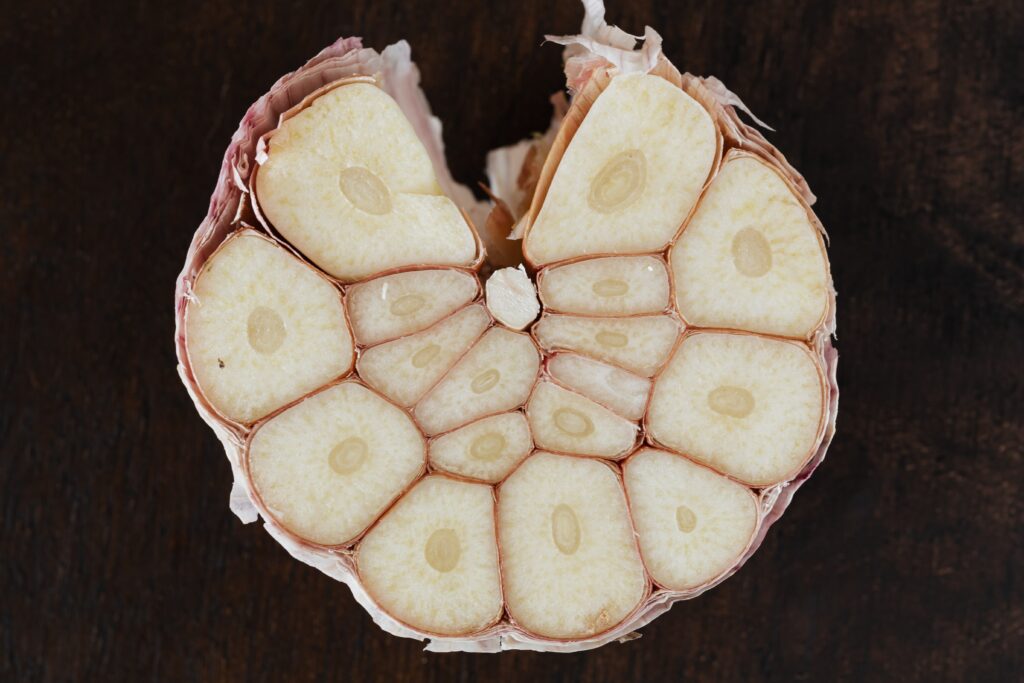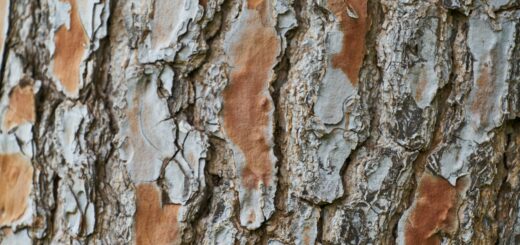Diet and Nutrition for Ringworm
Ringworm, also known as tinea, is a common fungal infection of the skin. It is caused by a group of fungi called dermatophytes. Ringworm is contagious and can be spread by contact with an infected person or animal. It is often spread in communal settings, such as locker rooms and swimming pools.
The most common symptom of ringworm is a round, red, itchy rash. The rash may have a raised, scaly border. Ringworm can affect any area of the body, but it is most commonly found on the scalp, face, chest, and back. The best way to prevent ringworm is to practice good hygiene and avoid contact with infected people or animals. If you think you have ringworm, it is important to see a doctor so that you can be treated and avoid spreading the infection to others.
There is no one-size-fits-all approach to nutrition for ringworm, as the best diet will vary depending on the individual’s symptoms and overall health. However, there are some general nutritional guidelines that can help to promote healing and prevent further infection. For people with mild symptoms, a healthy diet that includes plenty of fruits, vegetables, and whole grains is often all that is needed. It is also important to stay hydrated by drinking plenty of water.
For people with more severe symptoms, a more specialized diet may be necessary. This may include foods that are high in antifungal compounds, such as garlic, coconut oil, and apple cider vinegar. Probiotic-rich foods, such as yogurt and sauerkraut, may also be helpful in restoring balance to the gut microbiome and strengthening the immune system.

In general, it is best to avoid processed foods, sugary drinks, and alcohol, as these can all contribute to a weakened immune system. If you have ringworm, it is also important to avoid scratching the rash, as this can lead to further infection and scarring. If you think you may have ringworm, or if your symptoms are not improving with home treatment, it is important to see a doctor.
Other natural helpful ideas
There are a few different supplements that can be helpful in treating ringworm. One of the most important is vitamin C. Vitamin C is a powerful antioxidant that helps to boost the immune system. It can also help to fight off infections. Another supplement that can be helpful is vitamin E. Vitamin E is also an antioxidant and it can help to heal the skin. It is also a good idea to take a probiotic supplement. Probiotics help to keep the gut healthy and they can also help to fight off infections. Another thing that can be helpful in treating ringworm is garlic. Garlic is a natural antibiotic and it can help to kill the fungus that causes ringworm. It is also a good idea to take a zinc supplement. Zinc helps to boost the immune system and it can also help to speed up the healing process.


Recent Comments